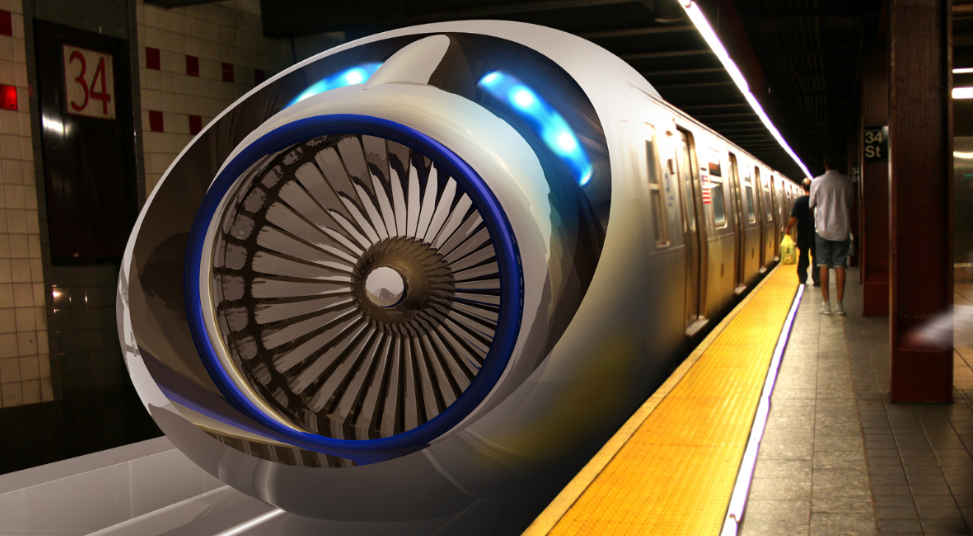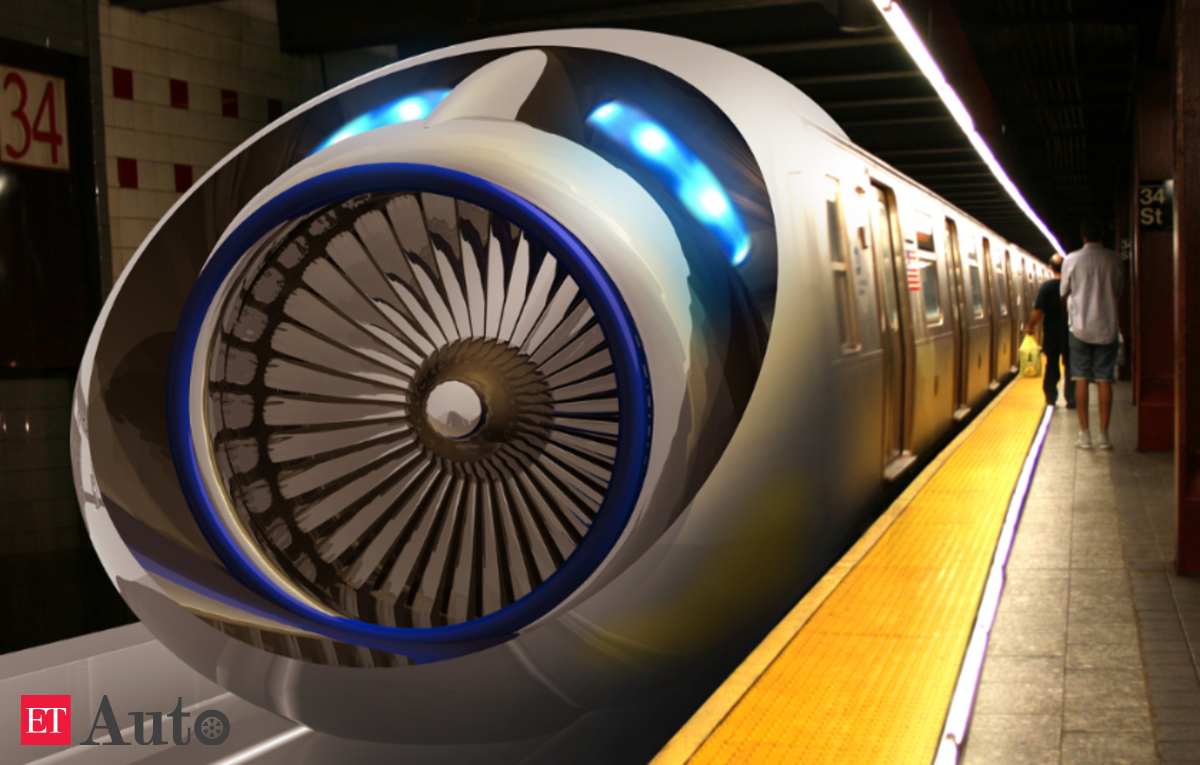
India is unlikely to go in for hyperloop technology for ultra high-speed trains in the near future as the technology is at a ‘very low level’ of maturity and may not be economically viable at the current juncture, NITI Aayog Member V K Saraswat said on Sunday. Saraswat, who is heading a committee to explore the technological and commercial viability of the Virgin Hyperloop technology, further said some foreign companies have shown interest to bring the technology in India. “Hyperloop technology as far as we are concerned, we found that the offer which came from foreign countries are not very viable options. They are at a very low level of maturity of technology,” he told PTI in an interview.
Hyperloop is a high-speed train, running in vacuum in a tube. The technology is proposed Elon Musk, who is behind electric car company Tesla and commercial space transport company SpaceX.
“So we have not given much importance to that and as on today, it is only a study programme. I don’t expect hyperloop to enter into our transportation framework in the near future,” he said.
The Virgin Hyperloop test run was conducted on November 9, 2020, on a 500-metre track in Las Vegas in the US with a pod, as the hyperloop vehicles are called, travelling with passengers, including an Indian, inside an enclosed tube at more than 161 km/hr.
According to Saraswat, the offers which came are at a very low level of maturity and “we can not make investment on that kind of a technology.”
Virgin Hyperloop is among a handful of companies which are trying to build such a system for passenger travel.
Maharashtra has deemed hyperloop a public infrastructure exercise and approved the Virgin Hyperloop-DP World Consortium as the original project proponent for the Mumbai-Pune hyperloop project.
Replying to a question on India’s reliance on lithium imports from China, Saraswat said as on today, production of lithium ion battery in India is very low, so the dependence is on the import of batteries from China and other sources.
“But mostly it is from China because competition wise the Chinese batteries are cheaper,” he said.
Pointing out that India has given incentives for setting up battery manufacturing facilities in the country, Saraswat said,”Hopefully, next year you will have couple of business houses going into production in a large scale for manufacturing of lithium-ion battery in the country.”
About 75 per cent of the lithium-ion imports come from China.
On reports of India talking to Chile and Bolivia for tapping into lithium mining, Saraswat said there was a suggestion that India should go for acquisition of certain mining facilities in Chile, Argentina and other places.
“And what has happened is instead of the government directly going to these countries and acquiring mines , our private sector has already signed business to business agreement with some of the companies in these countries and they have already got supply chain agreement for getting lithium from these centres.”
Chile endowed with most lithium reserves, is the second largest global lithium producer.
To a query on the government promoting methanol as alternative fuel, Saraswat said,”we have been able to complete our trials of blending 15 per methanol in diesel.”
He said all the trials conducted with Bangalore Metropolitan Transport Corporation (BMTC) and Ashok Leyland have been successful.









